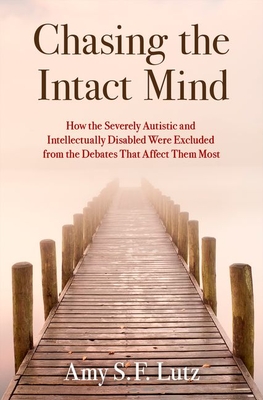What do you think?
Rate this book


192 pages, Hardcover
Published October 3, 2023
FC is not a parlor game or a research project, but a “pseudoscience” or even a “pathological science” that poses multiple and significant risks to an extraordinarily vulnerable population. The worst harm isn’t the false abuse allegations that have resulted in users being removed from their families, or even the very real abuse has been justified with FC…. Nor is the worst harm the expense - although it is tremendous, in both dollars and time…. No, the worst harm of all is that FC hijacks the (albeit limited and very fragile) agency of profoundly disabled individuals…. Ultimately, it’s this unwitting ventriloquism that marks FC not only as bad practice but, more fundamentally, an abuse of human rights.